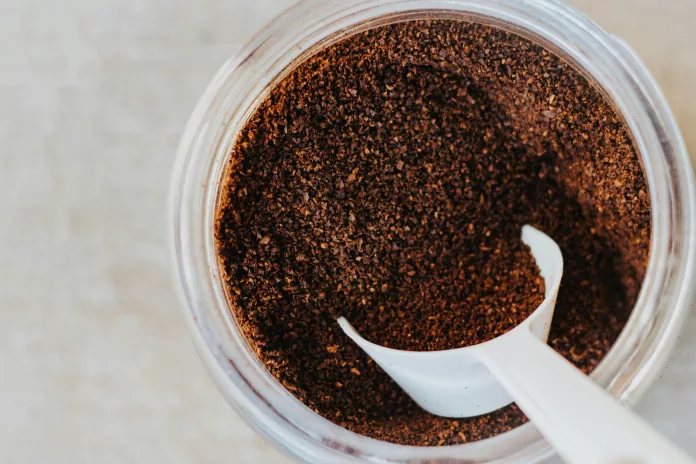Every year, an astonishing six million tonnes of coffee grounds end up being discarded. This immense pile of waste typically leads to environmental concerns, contributing to landfill overflow and the release of greenhouse gases. However, imagine if these coffee grounds could be repurposed for something beneficial.
From Waste to Garden Aid
On a smaller scale, there are already practices in place to make good use of this aromatic refuse. In our own backyards, spent coffee grounds serve as a fantastic addition to compost, providing an enriching supplement to gardens. They offer nourishment as a mulch around plants, help in warding off pests like snails, and can be a wonderful boost to wormeries.
A Scientific Solution for Agricultural Pollution
In the realm of scientific research, a breakthrough has been reported. According to a recent publication in the Journal of Chemical Technology and Biotechnology, scientists are tapping into the absorbent properties of used coffee grounds to address a serious environmental challenge—the contamination due to agricultural chemicals.
Spearheaded by experts from Brazil’s Federal Technological University of Paraná, an intriguing method has been discovered wherein coffee waste is activated with zinc chloride. This makes the carbon content of the grounds far more effective in soaking up herbicides like bentazone—a prevalent substance used in agriculture with potentially harmful effects.
Enter the Power of Activated Coffee Grounds
Digging deeper into the study, the research showcased how the efficiency of treatment could potentially be increased by 70 percent. Specifically, in laboratory conditions, the activated coffee carbon was able to diminish the impact of bentazone on onion root tissues, which are integral to plant growth.
The ramifications of this could be substantial. Replicating this process on a larger scale might facilitate a way to not only reduce coffee waste in landfills but also mitigate the adverse effects of herbicides such as bentazone on ecosystems and potentially human health.
An Environmental Double Win
Europe currently faces challenges with bentazone, as highlighted by the European Environment Agency, which has detected concerning levels of the herbicide in surface water. This poses a risk to both environmental targets and the integrity of drinking water, an issue similarly acknowledged by the UK’s Environment Agency.
While the research is still in the preliminary phase, the authors convey an optimistic outlook, proposing that their findings could unlock a circular economy approach for coffee grounds that are usually thrown away without any significant afterthought or utilization.
The prospect of transforming an everyday waste product into a tool for environmental preservation is a testament to the innovative spirit of scientific research. It’s a hopeful glimpse into a future where coffee grounds go from being an overlooked waste to an eco-friendly warrior.

























